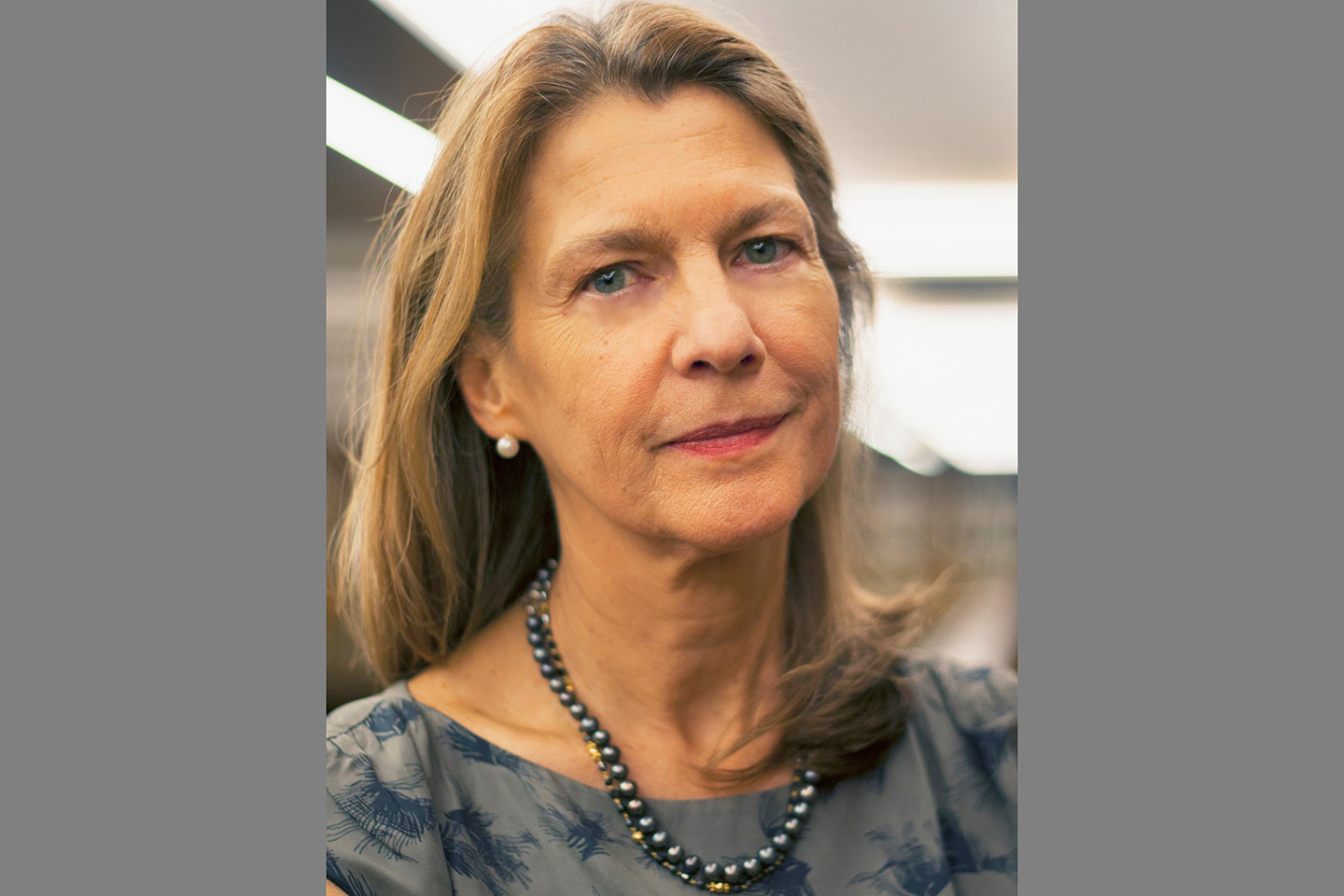International Women’s Day: Heidi Larson and the fight against vaccine hesitancy
This International Women’s Day Vaccines Work is hosting a series of interviews with inspirational women from across the world. Here Professor Heidi Larson, Founding Director of the Vaccine Confidence Project, explains how gender can affect vaccine hesitancy.
- 8 March 2021
- 4 min read
- by Priya Joi

Follow along: #ChooseToChallenge #IWD2021
Women often lack access to reliable health information, and are less likely to have access to mobile phones or the internet. How does this affect their decision-making when it comes to health?
The answer is complex. When I worked on polio eradication, sometimes mothers were quite willing to have their children vaccinated, but it was their husbands who made the decisions not to, so understanding who makes the decisions in a household is important. In some of our surveys in Africa, men have more access to misinformation, probably partly because of access to social media, but also being in different circles in the community than women. In the context of COVID-19, women are the often the caregivers. So if the men don't believe that COVID-19 exists, they're not going to take precautions, they'll bring it home and women will be more exposed.
What about educating girls as a way of empowering women? How does that affect their health choices and decisions as they get older?
It’s helpful but it's not enough to solve the problem. When I was at UNICEF around 15 years ago, we were already starting to try to be more inclusive. Another point is that the current focus on misinformation is very frustrating, because it's as if fact-checking and myth-busting is going to fix the problem. These are often deeper cultural and belief-based issues that need different approaches, where sometimes misinformation is irrelevant. I am certainly not against ensuring that accurate information is out there, but it is one small piece of a much more complex landscape of issues that pre-date social media.
When it comes to the COVID vaccines, there are studies in the USA for example, that show that women are more hesitant than men to take the vaccines.
In general, one of the reasons women report being more hesitant about vaccines is probably because they're the ones who are most likely to look for information regarding childhood immunisation. In the case of COVID-19 it's a bit of a different story, because men are clearly more vulnerable to serious disease and death. So perhaps women rationalise their hesitancy by saying that they're less at risk. But, as women, we are certainly not immune to the more serious risks of COVID-19, while also being the care-givers.
Have you read?
With Africa CDC, we did a 15-country survey in Africa and found, interestingly, that 78% of the women would take a COVID-19 vaccine, which is only slightly lower than men, which was 80%. But in terms of discrepancy in information, 57% of women felt a little or not at all informed about the COVID-19 vaccine, compared with 53% of the men.
What could remedy vaccine hesitancy, especially in women, especially as you say mythbusting articles don't necessarily work.
I think the COVID-19 vaccine roll-out is a huge opportunity for a more society-wide approach to vaccination. In general immunisation programmes are very health-centric, and the COVID-19 response also has too much of the finger-wagging “science says” or “your health authority says” and not enough on the broader value of vaccines from the perspective of community and religious leaders, teachers, employers. The tangible value of vaccines in getting us out of this pandemic – and back to school, work, religious, family and social lives – is far more powerful than the hundreds of “cost effectiveness of vaccines” articles in scientific and medical journals which the public rarely sees, and if they do, is very remote from their lives. Getting us out of the pandemic will have an even bigger value to women, more of whom have compromised or left their jobs for home schooling children than have men.
Woman can be powerful voices for sharing the value of vaccines, but they need to be supported with answers to their questions and concerns. Focus groups with women, using whatever available forums there are to hear out their concerns – including, but beyond vaccines in a time of COVID-19. They need answers relevant to their vaccine questions, but also relevant to their realities. Include them in the decisions on when and where to vaccinate to make it most convenient.
This is an opportunity to build trust more broadly. We need to use every minute we have.
Heidi Larson is Professor of Anthropology, Risk and Decision Science at the London School of Hygiene and Tropical Medicine and Founding Director of the Vaccine Confidence Project









